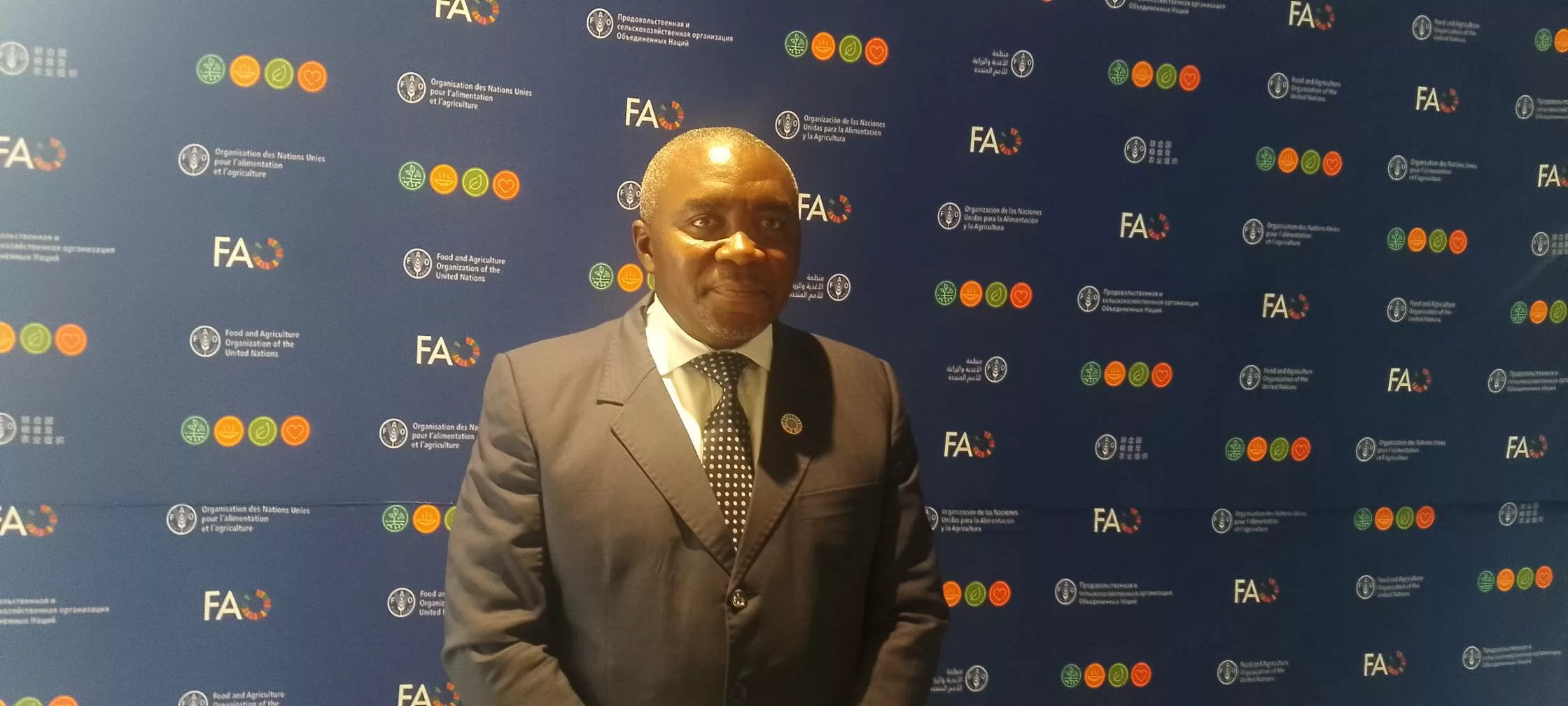|
Getting your Trinity Audio player ready...
|
The Food and Agriculture Organisation of the United United Nations (FAO) Regional Office for Africa (RAF) is holding a two-week long training workshop on administrative, finance, and operational matters in Harare.
“As you know, FAO is a knowledge organization. So we, every day, develop knowledge in those areas. So it’s always important that we create opportunities to share this knowledge among us. We have chosen Zimbabwe to host this important meeting,” Dr. Talla said.
Ntwali Muderhwa, the FAO Regional Network Programme Officer said the capacity development training is to equip colleagues with the mandate of and systems that are used in FAO so that they can deliver the mandate of FAO in the country offices.
“To deliver the mandate of FAO, we need to know exactly how to interact among us; and to interact among us, it’s not only through the system, but it’s also through contacts with different colleagues so we liaise through different systems. To make sure that we are well-equipped to deliver the mandate of FAO, we need to build the capacity of colleagues. That’s what we are doing over here. We will have sessions in human resources, and project cycle, to assist colleagues who are implementing projects.
“Through the FAO network, we cover all aspects of administration, starting with business continuity, budget planning and implementation, risk implementation, and risk mitigation. We also have finance and procurement. The backbone of our operation is to support project colleagues who are implementing the project in the country offices,” Muderhwa said.
Anisah Osman, the Technical Cooperation Programme Officer at the FAO Regional Office for Africa said the workshop will also focus on how to manage donor funds as well as programming at the global, sub-regional level, and country levels.
“Participants need to understand how programming aspects are linked to the projects that are implemented by the organization. I would like to indicate here that the presence of FAO at the country level, usually, is as a result of the presence of projects. If we don’t have projects, the staff are not going to be able to do the work. The staff that will be in the country will just be maybe two or three people and that will just be for diplomatic reasons.
“We are hoping that by the end of this workshop, participants would have understood how projects are important to the organization; how to start a project; when you have discussed with a donor, how you operationalize a project until it is approved; and then you start implementation. So the project cycle is going to also enable them to understand their various roles at every step of the way, in all the six steps or all the six phases of the project cycle, how they are all linked, what the procedures are, what their responsibilities are, what actions are required to be taken, when and how, and by whom,” Osman added.






